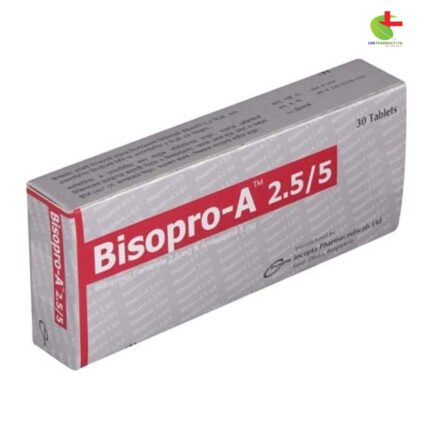IntraCal 400
80.00৳ Strip
- IntraCal Tablet helps prevent and treat calcium deficiencies in conditions like osteoporosis, osteomalacia, and rickets.
- Supports bone health, heart function, and cartilage maintenance.
- Beneficial for mood regulation, cognitive enhancement, and may reduce the risk of colon cancer.
- Consult a healthcare provider before use.
 Brand
Brand
|
Incepta Pharmaceuticals Ltd |
|---|---|
 Generics
Generics
|
Calcium Orotate |
 Type
Type
|
Tablet |
Indications
IntraCal Tablet is primarily used to prevent and treat calcium deficiencies in individuals who do not get sufficient calcium from their diet. It is beneficial for various conditions, including:
- Osteoporosis (including postmenopausal, senile, and juvenile forms)
- Osteomalacia
- Rickets
- Latent Tetany
- Pregnancy and Lactation
- Premenstrual Syndrome (PMS)
- Hypoparathyroidism
- Hip Joint Plastic Surgery Recovery
IntraCal also has therapeutic benefits in managing inflammatory conditions like arthritis, psoriasis, lupus, spondylitis, and multiple sclerosis. It helps in controlling appetite for chronic overeating, mood stabilization, and cognitive enhancement. Moreover, it supports heart health, improves cardiac muscle function, and may even reduce the risk of colon cancer, as indicated by recent studies.
Note: Always consult a registered healthcare professional before use.
Pharmacology
IntraCal contains Calcium Orotate, a highly effective calcium supplement that utilizes orotic acid to facilitate calcium transport across cell membranes. This aids in the intracellular uptake of calcium, particularly in bone tissue. Calcium Orotate is also beneficial for maintaining healthy cartilage and plays a vital role in DNA and RNA synthesis. Due to its ability to penetrate complex cell membranes, Calcium Orotate is more efficiently absorbed and metabolized compared to other calcium supplements.
Dosage & Administration
- Calcium Orotate 400 mg: Take 2-3 tablets daily with meals or as directed by your healthcare provider.
- Calcium Orotate 740 mg: Take 1-2 tablets daily with meals or as recommended by your physician.
Note: Always follow the advice of your doctor or healthcare provider.
Interaction
IntraCal may reduce the absorption of the following drugs when taken together:
- Bisphosphonates (e.g., alendronate)
- Antibiotics (quinolones like ciprofloxacin, tetracyclines like doxycycline)
- Levothyroxine
- Phenytoin (antiepileptic medication)
- Thiazide diuretics
- Estrogen compounds and oral contraceptives
- NSAIDs, aspirin, ibuprofen, and corticosteroids
Certain antacids and laxatives may also interfere with calcium absorption. It’s essential to consult your healthcare provider before combining IntraCal with other medications.
Contraindications
IntraCal should not be used in individuals with the following conditions:
- Kidney stones or kidney disease
- Hypercalcemia (high calcium levels in the blood)
- Hypercalciuria (high calcium levels in the urine)
- Parathyroid gland disorders
- Dehydration or excessive water loss
- Incomplete or irregular bowel movements
Side Effects
Common side effects of IntraCal include:
- Abdominal bloating and swelling
- Loss of appetite, nausea, and constipation
- Unusual weight loss, increased thirst, and urination
- Weakness, fatigue, or kidney stones
In rare cases, more severe side effects like kidney problems or allergic reactions may occur. Consult your healthcare provider if you experience any unusual symptoms.
Pregnancy & Lactation
Calcium supplementation is crucial for pregnant and breastfeeding women, as they require more calcium during this period. IntraCal can help reduce the risk of pregnancy-related hypertension and support the calcium needs of both mother and baby. However, always seek medical advice before use during pregnancy or lactation.
Precautions & Warnings
Before using IntraCal, consult your doctor if you have a history of:
- Kidney disease or kidney stones
- Heart disease, pancreatic disease, or malabsorption syndromes
- Sarcoidosis or low stomach acid
If you experience any allergic reactions or discomfort while taking IntraCal, seek medical attention immediately.
Therapeutic Class
IntraCal belongs to the Mineral Supplement class, specifically for bone formation and mineral supplementation.
Storage Conditions
- Store in a cool, dry place, away from light and moisture.
- Keep out of reach of children.













Reviews
There are no reviews yet.